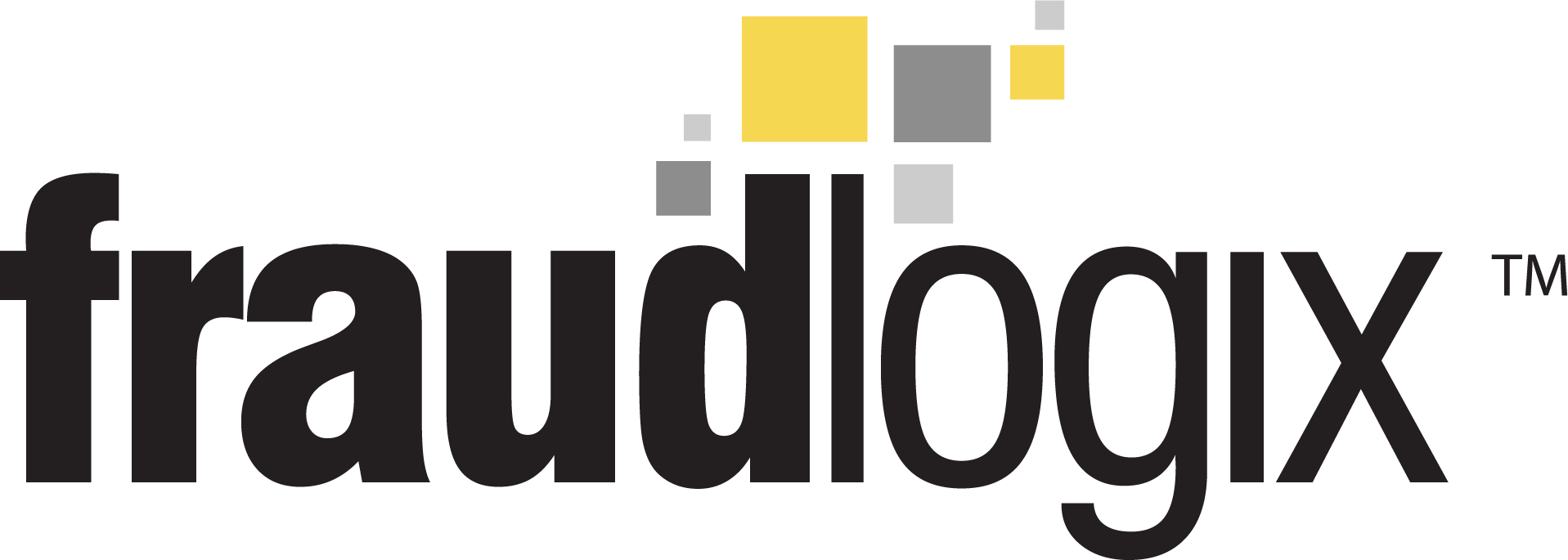|
Large language models aren’t replacing traditional browsers anytime soon, but they have become another responsibility for brands. Chatbots are becoming the go-to source for online answers for many consumers, chipping away at the dominance of traditional web search and adding another avenue of outreach that brands must cultivate to connect with customers. (Patrick Coffee/WSJ) |
|
Unknown attackers exploited a “significant vulnerability” in Microsoft’s SharePoint collaboration software, hitting targets around the world. Hackers exploited a major security flaw in widely used Microsoft server software to launch a global attack on government agencies and businesses in the past few days, breaching U.S. federal and state agencies, universities, energy companies and an Asian telecommunications company, according to state officials and private researchers. (Ellen Nakashima, Yvonne Wingett Sanchez and Joseph Menn/The Washington Post – Registration Required) |
|
The fight against online fraud is a continuous battle. Threats like bots, proxies, and VPNs can mask real visitors, inflate your ad spend, skew your analytics, compromise user accounts, and ultimately damage your bottom line. (Fraudlogix) |
|
The digital advertising industry is undergoing a swift transformation, fueled by advances in AI, privacy-first regulations and a broader range of media channels. As a result, digital ad spending continues to expand, with marketers reallocating budgets from traditional formats to online platforms such as social media, connected TV, search and retail media networks. Against this backdrop, both Taboola.com Inc. TBLA and Magnite MGNI are striving to secure a distinct foothold. (Tanuka De/Yahoo Finance) |
|
Cybersecurity researchers are calling attention to an ongoing campaign that distributes fake cryptocurrency trading apps to deploy a compiled V8 JavaScript (JSC) malware called JSCEAL that can capture data from credentials and wallets. (Ravie Lakshmanan/The Hacker News) |
|
During what was supposed to be a quarter marked by financial uncertainty, IPG did slightly better than expected. Not that the bar was set very high for IPG, which is still predicting a decrease in organic net revenue (meaning revenue before billable expenses) of 1% to 2% for the full year. (Victoria McNally/AdExchanger) |
|
I’m as skeptical about the latest “shiny object” announcement as anyone else. And just coming back from Cannes Lions, companies both large and small had major news to share; the coming of agentic artificial intelligence was the talk of the town. (Bob Walczak/Adweek) |
|
Palo Alto Networks will take over Israeli identity security provider CyberArk in a deal valued at roughly $25 billion. CyberArk shareholders, for each of their shares, will get $45 cash and 2.2005 shares of Palo Alto. The deal is expected to close during Palo Alto Networks’ fiscal 2026. (Samantha Subin/CNBC) |
|
Six new leaders will join the supply-side company as it invests in the AI-driven future of programmatic advertising. Adtech veteran Marybeth McGaugh has joined supply-side platform Index Exchange as its chief customer officer this week. (Kendra Barnett/Adweek) |
|
The Trade Desk has been public about wanting all users to migrate to the new Kokai user interface for its DSP by the end of this year. (Anthony Vargas/AdExchanger) |
Meet Fraudlogix On The Road |
|
This August, Fraudlogix is hitting two can’t‑miss industry gatherings, and we’d love to see you there. Find us at Affiliate Summit in New York on August 4–5, then on to Black Hat USA in Las Vegas on August 6–7. |
 |
Schedule a meeting ► |
Register for a FREE account today and start uncovering the truth behind your traffic! |




